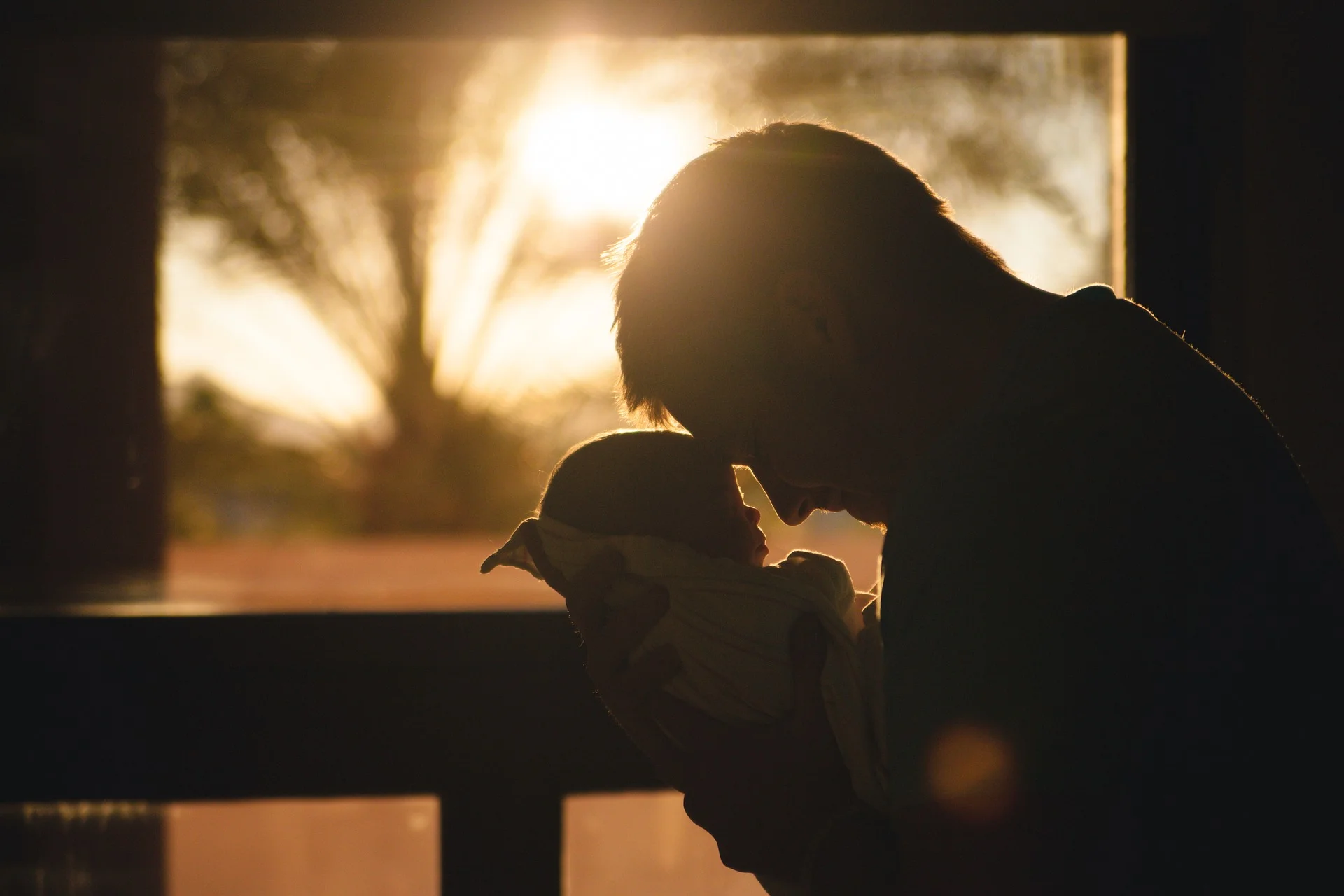Mulling it Over - Romans 8:18-25 Part 1: Of Suffering and Longing
Another month has gone by and we have come back around to Mulling Over Romans chapter 8. This chapter is full of information that is pertinent to our walk with Christ and to our future with Him. I know it can be hard to think about the future when our days are so full of the present, but one day we will know fully our inheritance in Christ Jesus. As it is, our lives at this point are merely reflections of Christ, and many of us have dirty mirrors. God is often trying to clean those mirrors with a glorified bottle of Windex and a rough cloth, and that can make us uncomfortable, but remember our goal is to be like Christ, so clean on Father, clean on!
Image by Simon Kadula from Pixabay
“18 For I consider that the sufferings of this present time are not worthy to be compared with the glory that is to be revealed to us.
19 For the anxious longing of the creation waits eagerly for the revealing of the sons of God.
20 For the creation was subjected to futility, not willingly, but because of Him who subjected it, in hope
21 that the creation itself also will be set free from its slavery to corruption into the freedom of the glory of the children of God.
22 For we know that the whole creation groans and suffers the pains of childbirth together until now.
23 And not only this, but also we ourselves, having the first fruits of the Spirit, even we ourselves groan within ourselves, waiting eagerly for our adoption as sons, the redemption of our body.
24 For in hope we have been saved, but hope that is seen is not hope; for who hopes for what he already sees?
25 But if we hope for what we do not see, with perseverance we wait eagerly for it.”
This is a longer section so we’ll take it a chunk at a time.
For I consider…
I wanted to take these three words by themselves because they are so important. One of the things I often hear Christians accused of is that they don’t think. They take the scriptures, and the historicity of their belief system on blind faith. While it is true that we are walking by faith, it is also true that we, with the Holy Spirit’s help, are able to think just as intellectually about our faith as someone who has studied for years and has multiple degrees.
Webster’s Online Dictionary defines the word consider in the following ways: to think about carefully; to think of especially with regard to taking some action; to take into account; to regard or treat in an attentive or kindly way; to gaze on steadily or reflectively; to judge or classify; regard; suppose; reflect or deliberate.
When we look at the book of God, the Bible, we need to consider what we are reading. We also need to look at life and consider what it means, and how what we are doing, or going through pertains to our faith, or how our faith pertains to it. We aren’t meant to just bull doze our way through life giving no regard to how our actions or words are affecting the people around us.
Image by Paul Brennan from Pixabay
In this particular passage the word consider relates directly to the words that follow.
…that the sufferings of this present time are not worthy to be compared with the glory that is to be revealed to us.
I have been emphasizing this idea of suffering over the last few months, not because I am trying to be a downer, but because suffering is inevitable. We all, at some point in time, will suffer. We will know illness, loss, grief, sadness, anger, fear and the overwhelming reality of a busy life in a chaotic and fallen world. It is not bad or wrong to consider our suffering.
“12 Beloved, do not be surprised at the fiery ordeal among you, which comes upon you for your testing, as though some strange thing were happening to you;
13 but to the degree that you share the sufferings of Christ, keep on rejoicing, so that also at the revelation of His glory you may rejoice with exultation. ”
Paul, however, did not want us to be solely focused on our suffering. In fact, He says that whatever we are currently suffering through is not worthy to be compared with the glory that is going to be revealed to us. Let’s just sit there for a minute.
Think about all the bad stuff you have been through. Some of you have lived through the typical minor inconveniences life offers like, car break downs, the fridge stops working, or the toilet backs up. Others have walked a bumpier path. You have lost a job, a home or been through a divorce. Still others have seen suffering in the form of addictions, jail time, death of a loved one, or a chronic, incurable disease. No matter what the suffering, it is not worthy of being compared to the glory that awaits us! Isn’t that amazing? What hope is ours that the suffering we are going through on this planet will pale in comparison to the joy and glory we will know when we see Jesus face to face.
Image by 🆓 Use at your Ease 👌🏼 from Pixabay
For the anxious longing of creation waits eagerly for the revealing of the sons of God.
Have you ever thought about the fact that the world: the trees, birds, fish, animals, rocks and so on have longings? Is it possible for creation to be anxious as it waits for the revealing of the sons of God? Stay with me here. I am not talking about something weird or spooky. Let’s back up a minute.
In the beginning God created the heavens and the earth (Genesis 1). If God created them, don’t they have His signature on them in a similar way that we have His signature on us. Granted we are human beings and we are made in the image of God, while creation was not, but that does not mean that creation is unable to recognize its creator and recognize the position of humanity as its caretaker.
Image by Evgeni Tcherkasski from Pixabay
There is a reason creation waits eagerly which we see in the next verse.
For the creation was subjected to futility, not willingly, but because of Him who subjected it, in hope…
The creation did not want to be cursed. It enjoyed its relation to its Creator and to its caretaker. It rejoiced in the growing and the greening, the fullness and the fellowship. When sin came into the world, God didn’t just send Adam and Eve out of the the beautiful garden of Eden, but the creation changed. It became rife with weeds and thorns. Where once all animals lived in harmony, now certain animals became predators and all others became prey. In addition, creation no longer bore the fruit of the relation between it and its Creator, but was subject to futility, disease, rot and death.
But God…
In hope…
…that the creation itself will also be set free from its slavery to corruption into the freedom of the glory of the children of God.
This was God’s hope from the foundation of the world. He knew it all before it began. He knew when He set into motion the creation of a planet and the filling of that sphere of rock and stone with all that is living, and breathing, moving and reaching…He knew that His beautiful creation would suffer and die. So He also created the plan, the One, the Savior, the Son. It was only by this, the gift of pure, unselfish love, that the whole of creation would be able to be set free. But, it will not happen until we are face to face, fully knowing as we have been fully known (1 Corinthians 13:12); when we become His perfect reflection.
Next time we will continue our look at this section of Romans 8 by looking at the Groaning and the Hope.
Have a great weekend!










